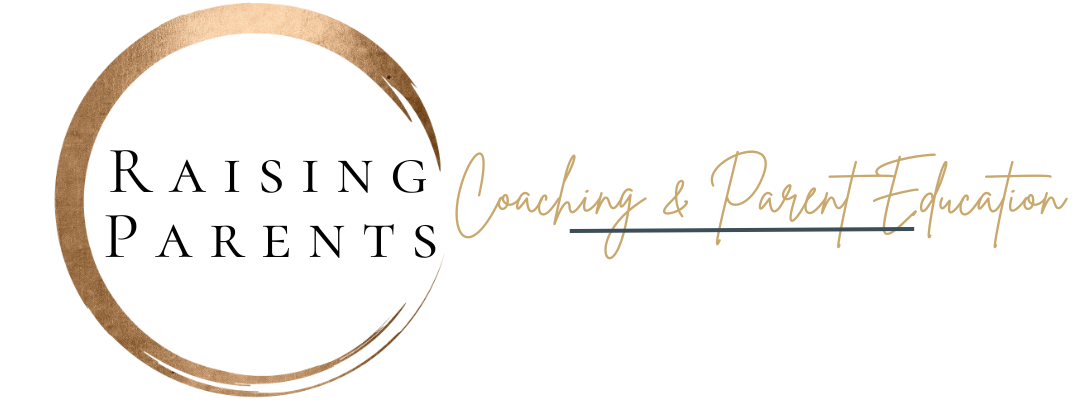In this month of love, I can’t help but talk about connection- the sense of closeness and belonging. Connection is such a crucial component of a healthy life, and therefore key to parenting as we help guide our kids into leading their own healthy lives.
No matter how old your child is, connection is the most important parenting strategy out there. When you build a strong connection with your kids, it becomes so much easier to teach, motivate and hold boundaries.
Let’s think about this classic work example. When a colleague you barely know asks for a favor, you might make up an excuse as to why you can’t do it. Or if you do it, you probably will put it at the bottom of your priority list. But if another colleague who has spent time with you helping on another project or even getting to know you over coffee, you’ll be much more apt to help them out.
It’s the same for our kids. When they feel seen, heard and validated by us through our time and connection with them, it’s easier for them to comply with our daily demands or to trust us when we are trying to guide them through tough life lessons as a teen. The biggest payoff for us is much greater cooperation and trust.
All time is not created equally, however. Our kids require A LOT of our time, especially when they are younger. But time for connection should be separate, one-on-one time, scheduled apart from all the regular routine time we have with our kids.
Our kids want our attention more than anything else. Again, no matter what the age, giving just 10 minutes of your undivided, full attention communicates that they are important and loved. It shows them you value their thoughts, feelings and ideas. This then builds more balance in your family system by ensuring each child’s relationship feel secure and safe with their parent.
To do this with young kids, allow them to decide what they want to play and just join their world. Don’t direct the play, let them lead and simply narrate what you see them doing. If you have a teenager who doesn’t have any ideas of what to do, I always suggest going out to lunch or dinner with this food motivated age. During that meal, brainstorm other ideas of what would be fun to do next.
When your kids are showing problem behaviors, connecting through one-on-one time is especially important. I know it’s hard. And it won’t be easy at first, but it will make a difference.
Think about a time you were struggling. What did you need? During times of struggle, most of us usually find comfort in getting a little more love and attention from the people closest to us. This doesn’t mean our connection equals approval of the problem behavior. It simply means you care about the relationship with the person underneath the problem behavior.
When we build connection, we are building the foundation for emotion regulation in our kids. In other words, we are increasing the ability to tolerate a wide range of feelings rather than those feelings taking over them and coming out in the form of dysregulated behavior. This is a huge skill that most adults, including myself, are still working on.
Finally, remember to build connection within yourself too. Parenting is hard work and demands a lot of you. It’s very hard to connect with your kids or anyone else, if you don’t practice connecting and valuing yourself first. So take a moment to remind yourself of all the good you are doing. You are an awesome parent.

| Cookie | Duration | Description |
|---|---|---|
| cookielawinfo-checkbox-analytics | 11 months | This cookie is set by GDPR Cookie Consent plugin. The cookie is used to store the user consent for the cookies in the category "Analytics". |
| cookielawinfo-checkbox-functional | 11 months | The cookie is set by GDPR cookie consent to record the user consent for the cookies in the category "Functional". |
| cookielawinfo-checkbox-necessary | 11 months | This cookie is set by GDPR Cookie Consent plugin. The cookies is used to store the user consent for the cookies in the category "Necessary". |
| cookielawinfo-checkbox-others | 11 months | This cookie is set by GDPR Cookie Consent plugin. The cookie is used to store the user consent for the cookies in the category "Other. |
| cookielawinfo-checkbox-performance | 11 months | This cookie is set by GDPR Cookie Consent plugin. The cookie is used to store the user consent for the cookies in the category "Performance". |
| viewed_cookie_policy | 11 months | The cookie is set by the GDPR Cookie Consent plugin and is used to store whether or not user has consented to the use of cookies. It does not store any personal data. |

